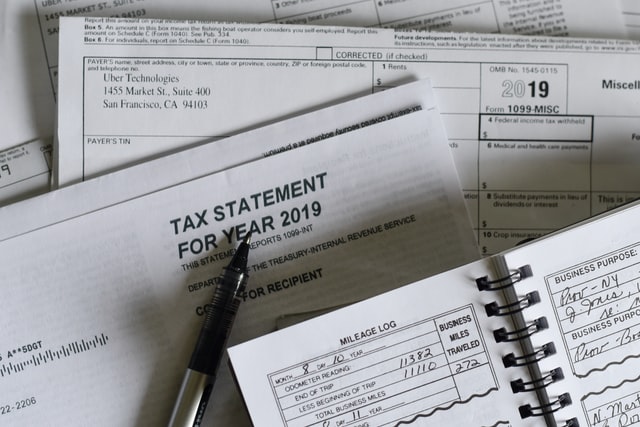This post contains affiliate links. Click here to read my affiliate policy.
Last Updated on August 24, 2022

After an accident, most people try to wait until a full recovery to seek compensation for injuries. While some car accident claims get settled out of court, some are handled in court, especially if the driver at fault is not cooperative.
Once the claim is settled, your lawyer informs the defense attorney about the settlement. One question that usually runs through many people’s minds is whether the money is taxable.
Some of these questions can be nerve-wracking. It can be stressful to think that the money you fought so hard to get has to be taxed down even after paying your attorney’s contingency charges. In most accident cases, the good news is that the settlement is not taxable, and you can quickly get a car accident loan with the help of an attorney.
Can a Personal Injury Settlement Be Taxed?
Taxation on a settlement offer is dependent on the origin of the claim. The tax code stipulates that any proceeds and settlements from a personal injury claim shouldn’t be taxed. Most personal injury claims usually involve physical wounds. These claims are generally classified as non-taxable.
It doesn’t matter if your settlement was arrived at in court or before the trial began. No state tax authority is allowed to tax your personal injury claim settlement. This also applies to damages received as a result of physical injuries from your gross income.
What About Compensation for Vehicle Damage?
Any settlements you receive for your car’s damage from an accident are also not subject to taxation. Most verdict compensations are usually in the form of vehicle repairs and costs incurred from renting another car while yours was in the auto shop or repayment of your car accident loan.
Vehicle damage settlements are usually non-taxable. This is because the payment is typically a reimbursement for your out-of-pocket losses.
Can I Be Taxed for Lost Wages?
While personal injury settlements are non-taxable, compensation for any lost wages is taxable. The money is meant to compensate you for any income lost during recovery. If you are unable to make a full recovery, you would still get paid for the loss of future wages.
You may be wondering why you’d need to pay taxes for any lost wages. The answer to this is straightforward. Wages are income, and income is taxable. This automatically means that if you get compensated for any lost wages, the settlement gets taxed.
What About Punitive Damages?
Very rarely do punitive damages get included in car accident settlements. Punitive damages are usually intended to be a punishment to the negligent party and to prevent them from acting negligently in the future.
Punitive damages are awarded in the rarest of circumstances, usually where the defendant acts in very outrageous behavior. However, if you do receive punitive damages, it is essential to keep in mind that the settlement is almost always taxable.
How Can You Reduce the Tax Obligation on Your Car Accident Settlement?
There are specific ways in which you and your lawyer can work around settling with minimal to no tax obligations. An experienced lawyer should be able to help you in the following ways:
Structuring Your Car Accident Settlement
If you are set to receive a large payout that covers years of future lost wages, you can avoid getting taxed by choosing to get paid out in an extended period instead of receiving your money in a lump sum.
Specifying the Damages in the Settlement
There are two classes of damages, special damages and general damages. Special damages are quantifiable and can, therefore, get taxed. General damages are more individual, such as emotional trauma, and are hence non-taxable.
Your attorney is obligated to provide you with information about your settlement’s taxability. It is, however, crucial to note that your lawyer isn’t a tax law expert. If you find that your attorney can’t answer your tax questions effectively, it is advisable to seek the advice of a tax expert.

